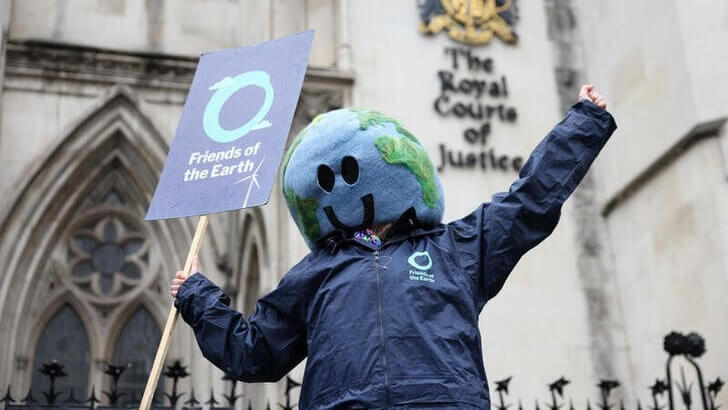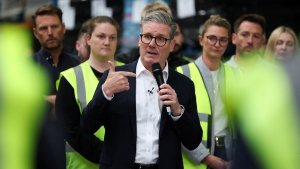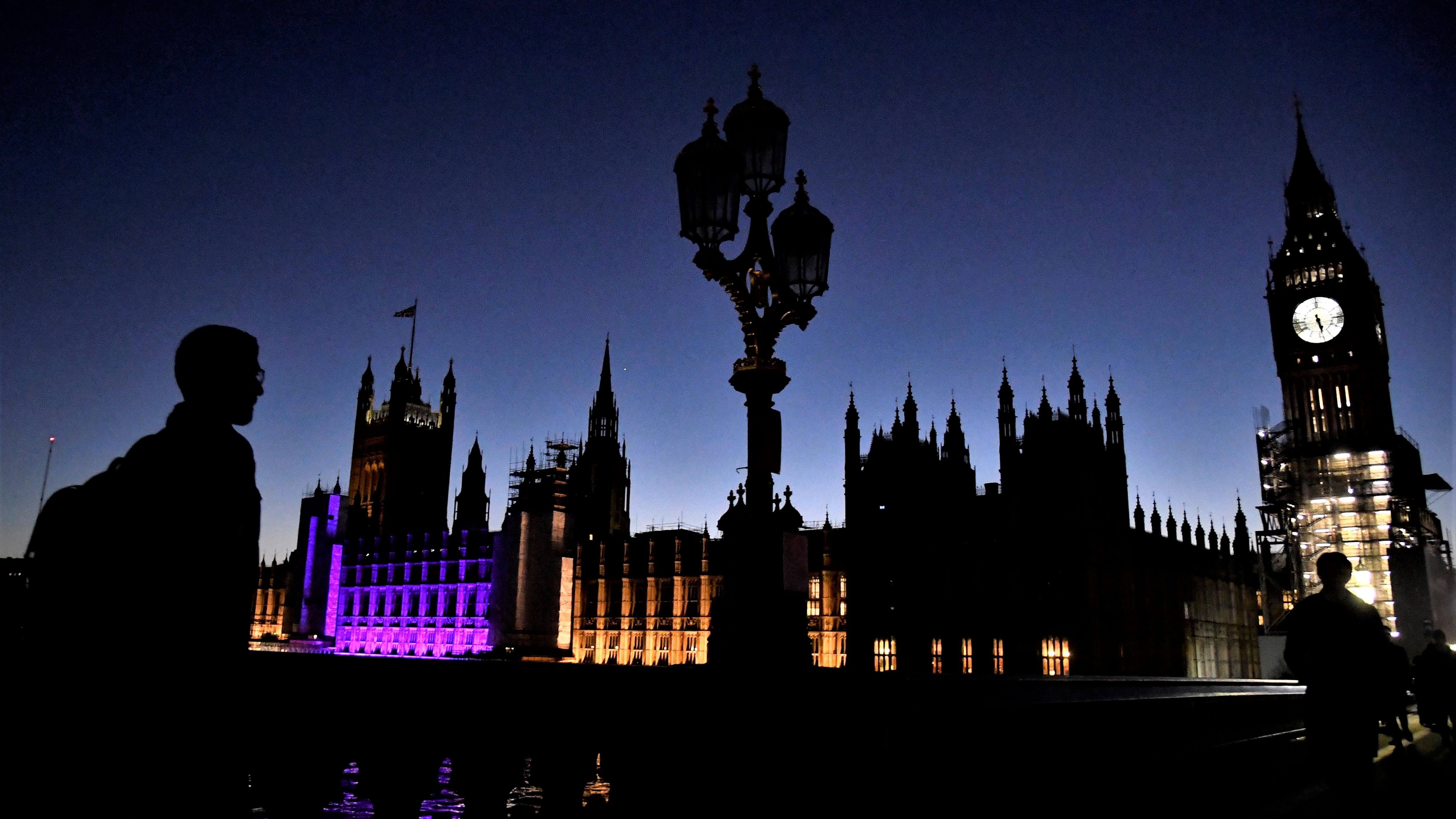Britain's Big Election Issues
Key issues Britain faces as it decides who should run the country.

British Prime Minister Rishi Sunak has called a national election for July 4, sending voters to the polls to choose a new government after a tumultuous 14 years of Conservative Party rule.
Below are some of the key issues Britain faces as it decides who should run the country:
ECONOMY
More than two years of high inflation hit voters' living standards hard and although wages are now growing faster than prices, living standards are set to be lower when Britain elects a new parliament than at the time of the last election in 2019.
The economy grew in early 2024 after dipping into a shallow recession in the second half of 2023. But weak investment, slow productivity growth and a shortage of workers are weighing on the outlook, with forecasts showing no rapid upturn.
Slow growth and high public debt levels limit the scope for increased government spending, which is already under strain from inflation driving up the cost of providing public services.
Higher interest rates mean the government is paying a heavy price to service the debt it took on to shield the economy through COVID-19 and the 2022 energy price spike.
HEALTH
Most British voters treasure the publicly-funded National Health Service, but feel it is failing to meet their needs.
Britain spends around 180 billion pounds ($228.58 billion)per year on the NHS, but that has to cover an ageing population with increasingly expensive medical demands.
Strikes by doctors and nurses, coupled with chronic staff shortages in some sectors, and a yet-to-be-cleared backlog from the coronavirus pandemic mean millions are on long waiting lists for even basic procedures and consultations.
Health problems are a big factor keeping working-age people out of the labour market, putting upward pressure on inflation.
IMMIGRATION
Immigration has played a central role in British politics for more than a decade. Polling in February by Ipsos showed 37% of voters named it as an issue that would be very important in deciding how they vote - the fourth most-chosen response.
The perceived threat over the number of people coming to Britain helped drive the 2016 vote for Brexit and is behind the government's current efforts to deter migrants crossing in small boats by trying to send them to Rwanda when they arrive.
A study by the National Centre for Social Research in March showed 65% of people felt the government should do more to exclude migrants arriving in Britain illegally. However the same study showed more people felt immigration had a positive impact on society than those who felt it had a negative impact.
CLIMATE
Britain has set itself a target to reach net zero by 2050 and the government is legally bound to have a credible plan to do so.
But the real costs of sticking to that target as it comes closer into view, particularly when they are passed to consumers in the form of higher energy bills and other living costs, has turned some voters against the net zero ambition.
Polls show the public still supports the net zero target, but there is evidence they baulk when policies to implement it are perceived as distributing the costs unfairly. Sunak's government has already eased back from some unpopular policies.
(Reporting by William James; Editing by Gareth Jones)
Thanks for signing up to Minutehack alerts.
Brilliant editorials heading your way soon.
Okay, Thanks!

